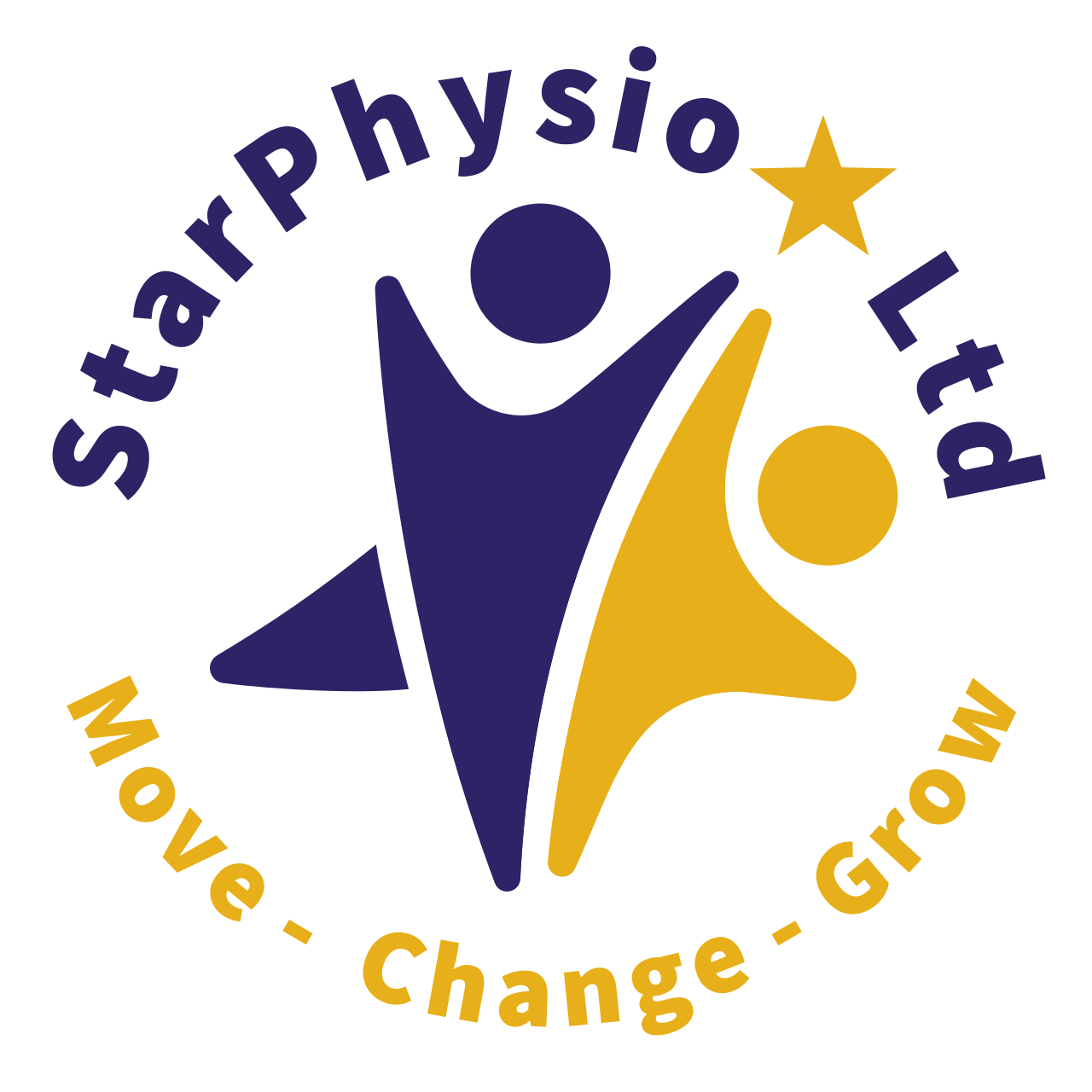What is Posterior Fossa Syndrome?
Posterior fossa syndrome can occur in children after surgery to remove a tumour in the back of the brain (the posterior fossa). It is most often seen after surgery involving the cerebellum. Children may suddenly lose skills they had before surgery, particularly in relation to speech, movement and coordination.
Common challenges
Children may experience:
* Loss or reduction of speech
* Ataxia (unsteady, shaky movements and difficulty with balance)
* Challenges with walking and coordination
* Muscle weakness and reduced strength
* Fatigue and reduced stamina
* Emotional changes such as tearfulness or irritability
* Difficulties with concentration and processing information
How physiotherapy can help
Physiotherapy supports recovery by:
* Rebuilding strength, coordination and balance
* Using strength training to help children regain confidence and stability in their movements
* Supporting safe mobility and independence
* Reducing the impact of ataxia on daily life
* Encouraging participation in play, school and family activities
* Providing pacing strategies to manage fatigue
* Preventing secondary problems such as stiffness or postural changes
Our approach at StarPhysio
We know how daunting recovery after brain surgery can be for children and families. Our approach includes:
* Strength training programmes designed for children, using fun, achievable exercises
* Balance and coordination therapy tailored to everyday activities
* Aquatic physiotherapy to allow supported movement in water
* Postural management to keep children safe and comfortable
* Close teamwork with speech therapists, psychologists and schools
* Practical support for families so therapy strategies fit into home life

